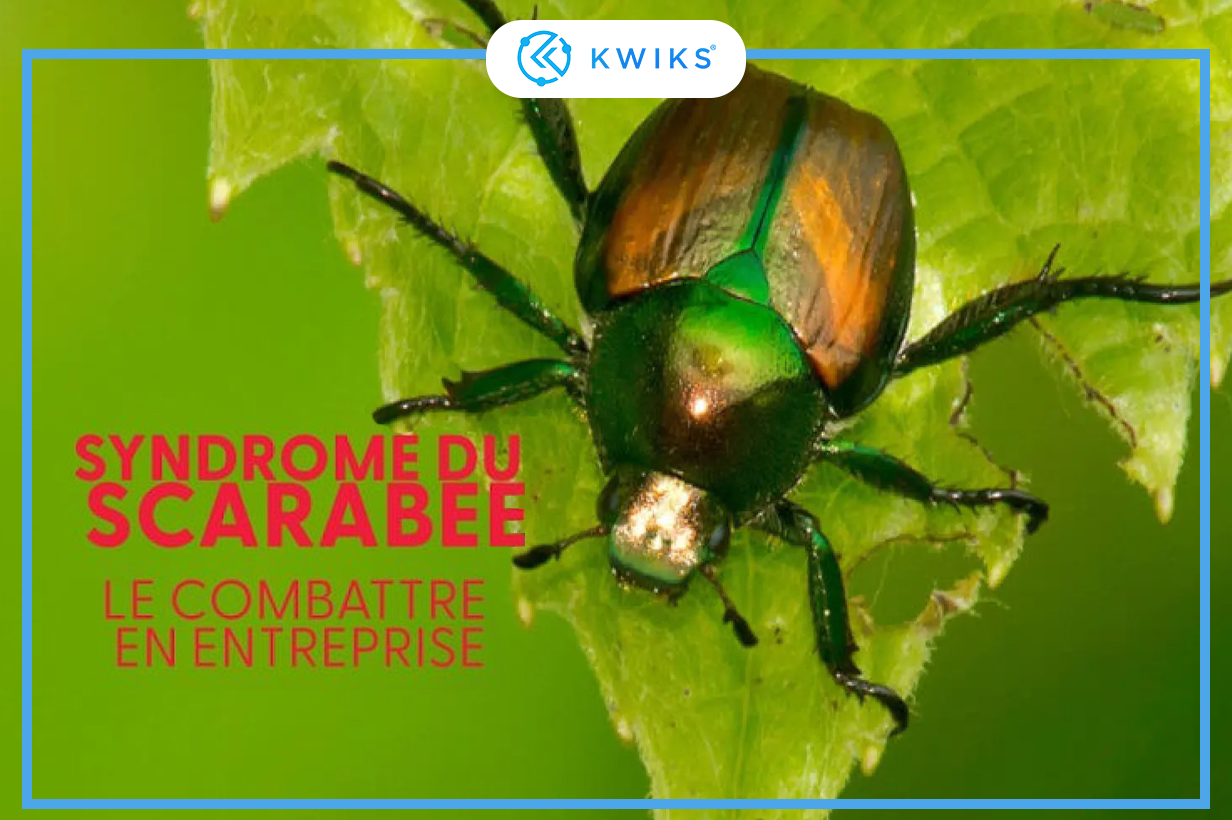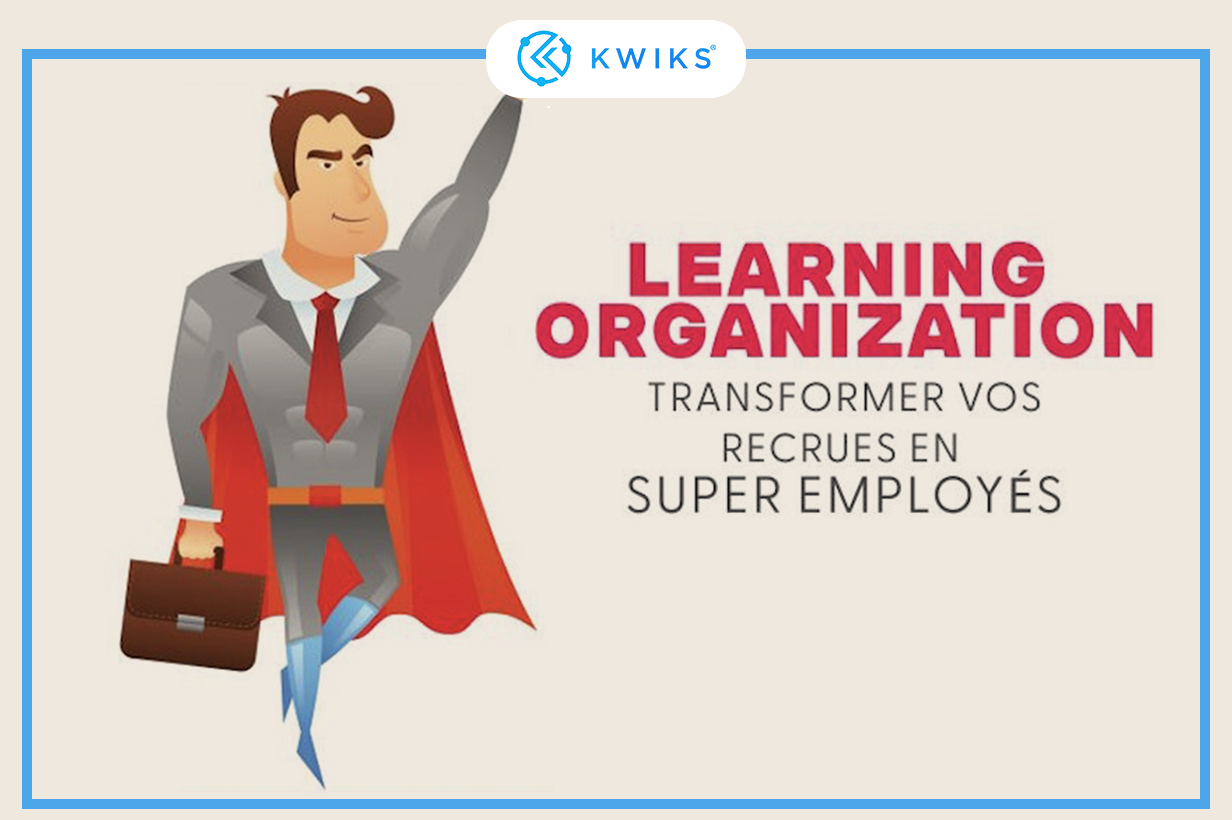
Scarab Beetle Syndrome: How to Combat It in the Workplace ?
- administrator
- November 15, 2023
The scarab beetle syndrome, also known by the scholarly term ‘homophily,’ is a recurring cognitive bias in the professional world. It occurs when decision-makers frequently favor employees who resemble them the most, whether during the hiring process or when granting a promotion.
Moreover, the scarab beetle syndrome appears to affect larger and multinational organizations, with significant hierarchies and large teams, to a greater extent. Recruiters, managers, and business leaders often act in the interest of the dominant group by favoring individuals they perceive as most similar to themselves. The criteria considered may include education, age, gender, social class, ethnic origin, or even more mundane factors like belonging to a club or sports association.
Among the primary victims of the scarab beetle syndrome are, unsurprisingly, women, seniors, and young professionals from disadvantaged neighborhoods or with little experience.
However, it is not necessary to display a blatant difference from the dominant group in the company to experience rejection. More subtle differences, which could, on the contrary, be considered as qualities, may be enough to be excluded from the privileged assembly. Overflowing creativity, charismatic personality, a degree higher than that of one’s manager, or an unconventional career path can be reasons for exclusion. For decision-makers affected by the scarab beetle syndrome, the homogeneity of the group is the only thing that matters.
An anonymized CV is a practical way to remove personal information from a resume and avoid any discrimination before the interview. However, its implementation requires an ATS that incorporates such functionality to automatically process each CV without compromising the candidate experience.












